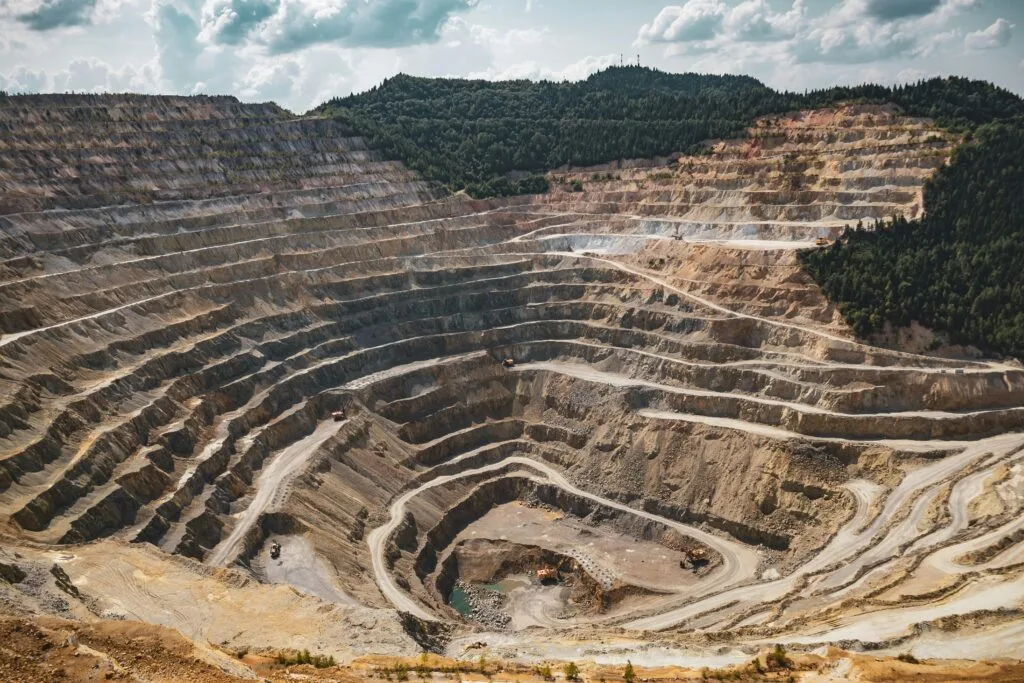Professor Jane Kabubo-Mariara is a member of the Transformational Economics Commission of Earth4All, Executive Director of the Partnership for Economic Policy (PEP) and President of the African Association of Ecological Economists.
In this interview, Professor Kabubo-Mariara explains her vision for how economics should contribute to society, and the importance of climate justice mechanisms.
The views shared are Prof. Kabubo-Mariara’s own and don’t necessarily reflect that of the Partnership for Economic Policy.
What is Ecological economics and why is it important?
Ecological economics links natural and social sciences. It’s about thinking about the use of natural resources, using ecological services, ecological products that are within an ecosystem, and then using them to cover the needs of humans, hence the social sciences. So basically, on one hand, we have nature. On the other hand, we have human beings. Natural resources are available but scarce, ‘how can we use these natural resources and the services that they can provide to satisfy our human wants?’.
Which resources do we have, and how are we using and distributing them, to ensure that we have sustainable solutions and outcomes?
Ecological economics goes beyond economics to call for a deeper understanding between human being and nature. But it isn’t just about what we are doing now. It’s also about the future governance of resources – are we using resources now in a way that ensures that we still have resources for the future?
How do you think economics should contribute to the world?
In Ecological economics, the economy is embedded within an environmental system – life and earth; while in Economics, it is more of usual factors of production – land, labor capital and the resources we can generate from these. But either way, the call of the two should be the same: emphasising renewability of resources, the regeneration of resources in order to ensure a sustainable future even as present needs are met.
Related to this is the efficient allocation of resources. When we have one resource in abundance, we tend to overuse it which results in sustainability issues.
Think about water, for instance, and what happens in most of our countries, especially the poor countries. Sometimes we’ll have a lot of rain, we’ll have a lot of water, and there will be a lot of flooding, that’s very common. But then after the rains, we don’t have adequate water. So the question is, how do we use our ecological resources, whatever is available, to ensure that we get the best out of it now, and also see how we can reserve some for tomorrow.
I hinted at the equitable distribution of proceeds from ecological resource use. We do have gains and losses from use of ecological resources – think about issues to do with climate change, global warming… And the question is, how do we distribute those gains and losses, who bears the burden of losses from ecological resources? Is it the poor? Are they well distributed? That is an issue that we have to look at.
My vision is one where we are giving back more into the ecosystem than we are extracting.
Comparing that vision of regenerative resources to today’s mainstream economics, how can we move towards sustainable ecological systems?
We have targets in terms of the Sustainable Development Goals (SDGs), which are very comprehensive. I don’t think there’s any aspect of the economy that was forgotten when they were designed. They cover all aspects of resource use, natural and human resources.
Therefore, when dealing with the relationship and processes between nature and human beings, if we are very careful in the implementation of our SDGs, we will actually be able to achieve sustainable ecological systems.
Of course, the question is then about how they are cascaded, whether we are able to implement them: are we ensuring that we are pursuing the policies that can lead to a reduction of global warming, for instance, and covering both adaptation and mitigation? Have we fully taken care of equity issues in the SDGs?
Definitely, we have made errors in managing our ecosystems and environment, but it is not too late. We can still look at what will work for the future to see what we can do.
What kind of measures do we need to implement first, on the short timescale?
There are a lot of things that need to be done. First, we need to go back to the drawing board and ask ourselves: what is the problem? We need to understand the nature and the source of the problem to be able to address it. For instance, look at climate change. Climate change is not a recent threat, we’ve had debates, conferences, we’ve talked about taking responsibility, so that, for instance, the countries that have contributed and are contributing the most to global warming also ensure they take the responsibility of the abatement costs, or help to deal with the problem.
Second, how do we deal with exploitation of resources at the local level, given that may be the carrying capacity of the Earth is no longer what it used to be for the instance over 50 years ago?
So basically, in the short term, we need to go back to the drawing board, identify the nature of the problem, the source of the problem, take responsibility by charting a way forward as to how we are going to solve these issues to ensure equitable solutions.
Have we made any progress since the Club of Rome report ‘The Limits to Growth’ published 50 years ago?
It’s interesting because a lot of things have changed between where we were 50 years ago and now, but some of the issues still remain. 50 years ago the major issues were seen as population growth, food production, industrialisation, pollution, consumption, and so forth.
A lot of progress has been made in different areas, with the improvement in technology, more focus on green energy, and green economy etc – but the challenge is that as the population has grown, as technology has improved, issues have come with it, such as food insecurity and the reduced carrying capacity of the Earth.
And as projected in The Limits to Growth, there is another problem that we have to deal with: increased pollution . Industrialisation has increased worldwide, compared to 50 years ago, but it has come with a cost. Some countries are now dealing with major issues related to pollution from industrial waste, air pollution, and so forth. Industrialisation has also contributed to a global warming, because of the gases that go to the atmosphere, while exploitation of forests, natural resources, water, soils and so forth have also contributed to climate change.
A lot is being done now to create frameworks to ensure that we manage these negatives – again, for instance through the SDGs, measures to deal with pandemics such as Covid etc, it is necessary that we move towards sustainability and regenerative models.
Looking forward, and imagine that humanity has achieved the SDGs, within the planetary boundaries, and we now have a wellbeing economy. What does that mean in practice for us?
So in 50 years from now, I imagine a very beautiful universe. I imagine that if we achieved the Sustainable Development Goals, there will be no sea level rise, and there’ll be enough resources for all to use. I imagine that if we work towards regeneration of resources for the future, we will see very beautiful forests, very clean water bodies, and very productive fisheries. We would be leveraging on technology to save the planet Earth.
What it means is that 50 years from now, we should be working together towards a green economy, a green energy system that creates less environmental and social degradation, and also a world in which the owners of resources care for those with less resources. The question is whether we are willing to move towards that direction.



